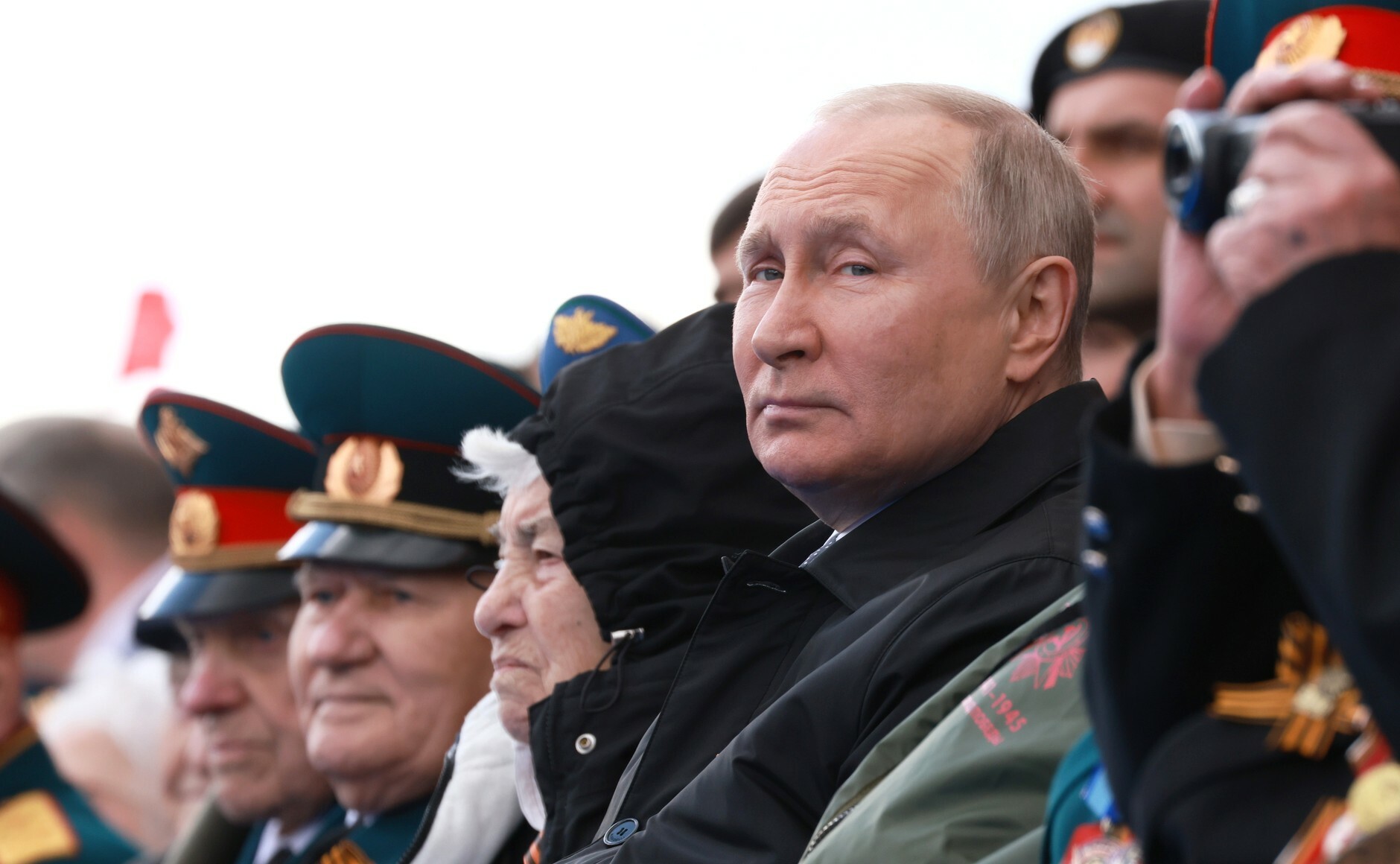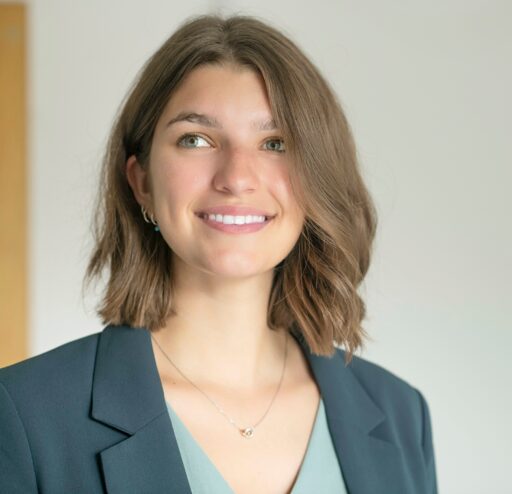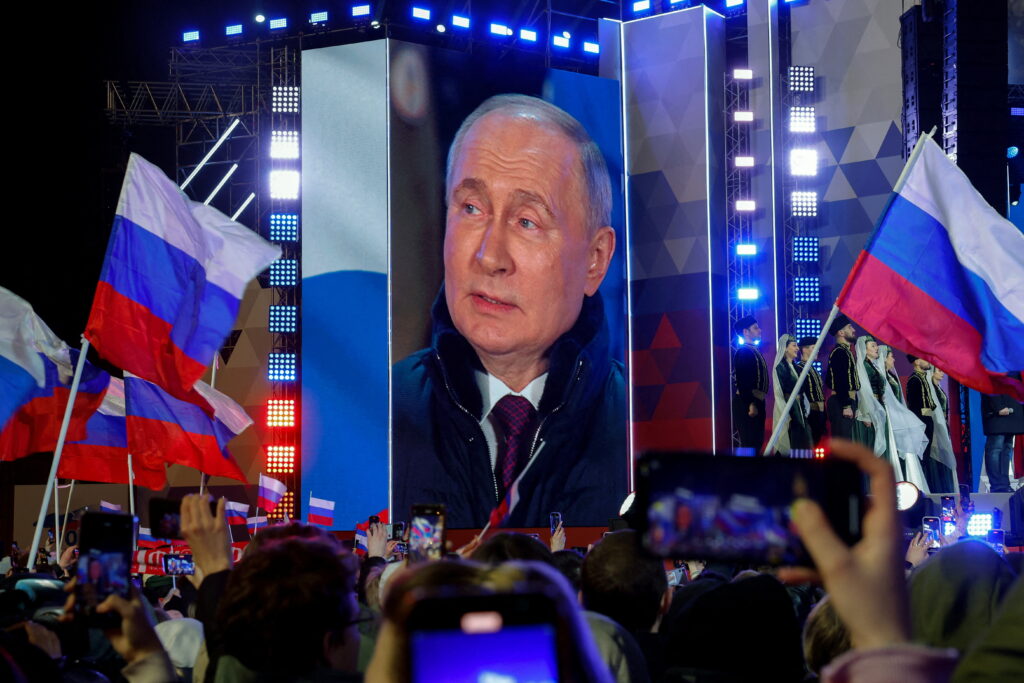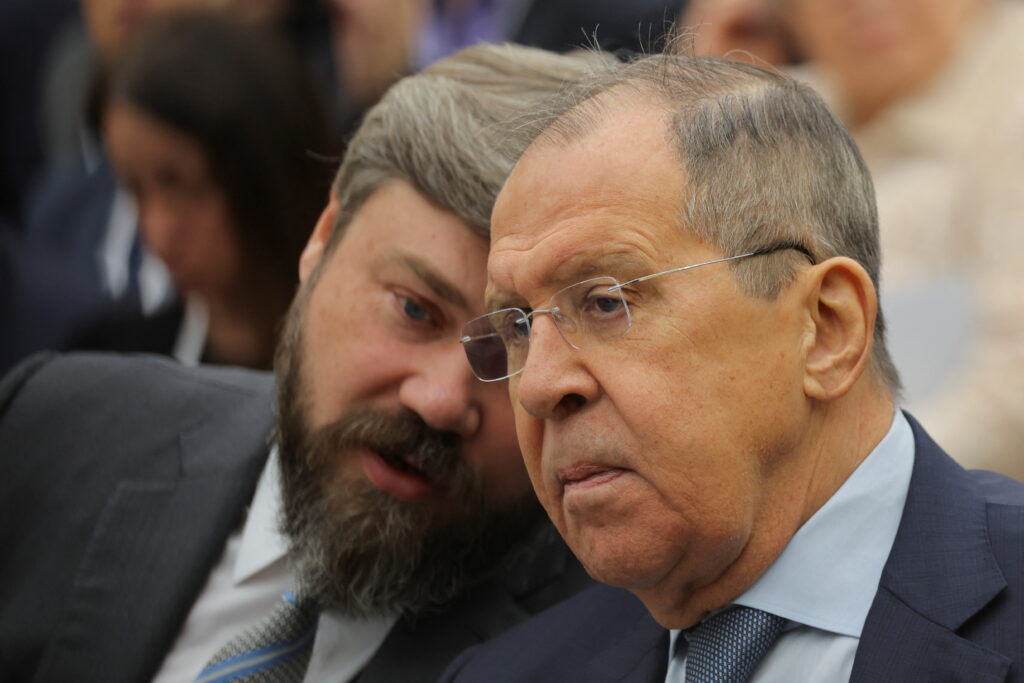On May 9, Russia held its annual Victory Day parade to mark 78 years since the Soviet Union prevailed against Nazi Germany in the Second World War. This was not a significant year per se, but the world watched on closely as troops gathered on Red Square against the backdrop of its continued invasion in Ukraine. It is the second parade to take place since the full scale war began in February 2022, and while last year’s celebrations were subdued, this year was even smaller. Even though the parade choreography and order of service remained the same, Russia’s military hardware showcase was short — hinting at a country so desperately trying to keep up appearances despite occurring huge losses in Ukraine, both in manpower and military hardware. The number of troops on the Red Square was estimated to be around 10,000 as opposed to 14,000 in 2022; the number of military hardware on Red Square shrunk from 197 vehicles in 2021 to 51 this year, with only one T-34 tank thundering its way past the Kremlin walls.
The parades attract international attention for two reasons: the scaled back display of military hardware and Putin’s speech. The hardware shows a depleted Russian military, which is utilising what they can to save face. The speech by Putin on the other hand, depicts a different story but not a new one. He warned of a «new crusade against Russia,» by a «real cult of the Nazis and their accomplices.» Yet Putin’s speech itself was a crusade, largely against what he described as «Western globalist elites» and the «Criminal [Ukrainian] regime of its Western masters.» The tone in which he spoke was angry and frustrated, feeding into the chaotic ordering of his speech. His speech raised three main points; The Great Patriotic war and Russia’s continued fight against Nazism, Russia’s need to protect the Great Patriotic War memory and the continued ‘vulnerability’ of Russia to outsiders and hostile neighbours.
While the Victory Day celebrations are meant to be a homage to the Great Patriotic War victory of 1945, Putin begins his speech celebrating two groups; 1) those fighting in Ukraine, and 2) those who «defended the Fatherland…[and] saved mankind from Nazis.» He quickly moves to the current war in Ukraine, again bridging gaps between the war against Nazism in the 1940s to today’s circumstances. While he does not begin with a declaration of Nazism in Ukraine as he has done in the past, he outlines that a «real war has once again been unleashed against our homeland,» noting that this is a «decisive turning point» for civilisation. Although not directly framing the war in Ukraine as a war against Nazism, its implied with Putin’s emphasis on a war that has «once again» manifested itself in Russia. Putin brings in notions of Russian messianism early on by positioning Russia as the saviour of this emerging civilisational conundrum. He establishes Russia’s position as one interested in a «future of peace, freedom and stability» against those who promote an «ideology of superiority,» which he describes as «criminal and deadly.»
Who are «those» who Putin refers to? This question is answered quickly as he notes the Russophobia, aggressive nationalism, and the destruction of traditional family values by the «Western globalist elites.» He says all of this is done for these elites to maintain a leadership platform that enables them to dictate and suppress. This is where Putin revisits the supposed resurgence of Nazism, noting that the Western globalist elites have forgotten what the Nazi’s «insane claims… for world domination led to.» There is exasperation in Putin’s voice as he claims that it is these same elites who «forgot who defeated this monstrous, total evil, who stood up as a wall for their native land and did not spare any lives for the sake of European liberation.» This last statement is not only a point of exasperation from Putin who perceives that the Soviet Union has not been given the recognition it deserves for its role in defeating Nazi Germany, but also a veiled threat that they were able to defeat Nazis on and are prepared to do so again.
Putin’s perception that Russia, and other states that fought alongside it in the Soviet Union, do not receive enough recognition for its role in the Second World War is evidenced by Putin through his reference to the removal of Soviet memorials to the war in recent years. The removal of Soviet monuments was already taking place before the war and had been a source of tension between Russia and countries like Poland, for example. For many of these countries, prior to the war, removing the monuments was a process of reclaiming its historical landscape and removing reminders of Soviet domination. For Russia, this is considered a rejection of this past and an attempt to destroy the country itself. In this speech, Putin specifically notes:
Memorials to Soviet soldiers are ruthlessly and cold-bloodedly destroyed, monuments to great commanders are being demolished, a real cult of the Nazis and their accomplices is being created, and the memory of true heroes is being erased and slandered. Such desecration of the feat and victims of the victorious generation is also a crime, an outright revanchism of those who cynically and openly prepared a new campaign against Russia, who gathered neo-Nazi scum from all over the world for this.
What more broadly defines Putin’s viewpoint on the removal of such monuments is the assumption that this is being done under the leadership of these «Western globalist elites» who he has now framed as the manufacturers of the war in Ukraine. He characterises the Ukrainian people as victims and «hostages» of this Western global elitist vision — once again ignoring the agency of those countries that were colonised in the Soviet era. What we have seen over the past few years is a growing ‘push back’ by these countries, against that Soviet past — not just through the removal of communist memorials but with some actively joining institutions like the European Union and NATO, or introducing laws around language and symbols, for example, in their nation building endeavours. At the parade itself, we saw the foreign dignitaries who did attend including Belarussian President Alexander Lukashenko wearing national variations of the St George’s ribbon. Similarly, to conversations taking place about NATO expansion in the 1990s, where the media noted Russia’s worry of isolation on the world stage — Putin too, is taking the nation-building goals of the countries around him, which includes a rejection of their Soviet past, as a direct assault against Russia. Mixed with the deep-rooted assumption by Putin and Russian elites before him that Russia is a vulnerable nation in a belligerent and hostile world system, he considers the rejection of the Soviet Union as a rejection of Russia itself.
Putin reiterates this feeling of isolation and vulnerability throughout his speech — framing its war in Ukraine as a defensive war of values and morals. These ideas are not new — notions of vulnerability and trauma are a big part of the cornerstones to which the Great Patriotic War myth has been built upon. People in Russia largely support the mass commemoration for the war on the basis that the war itself led to the tragic loss of around 27 million Soviet people. In previous Victory Day speeches, the sacrifice of the veterans has been a main focal point of the day. This year, whilst the conflict with Ukraine and the West dominates Putin’s time on stage, he still has time to talk about the struggle and eventual victory of the Soviet people through the notion of unity and love for the motherland. This is where we see Putin turn inward, calling for its country and countries of the Commonwealth of Independent states to unite in support of Russia’s greater mission to create a «multipolar world based on principles of trust and indivisible security, equal opportunities for the free development of all countries and peoples.» After a pause for a moments silence, Putin makes a return to the memory of the Great Patriotic War and its supposed parallels to the war in Ukraine. He claims «During the Great Patriotic War, our heroic ancestors proved that there is nothing stronger, more powerful, and more reliable than our unity. There is nothing in the world stronger than our love for the motherland.»
What can we take from Putin’s speech? His crusade against anyone who he perceives as an enemy to Russia continues. Though none of his declarations are new, it shows the deep emotional commitment to the causes he so clearly believes in, a rejection of anything that sits outside of those views and a continuing isolation of himself — as caused by himself — to the outside world.










